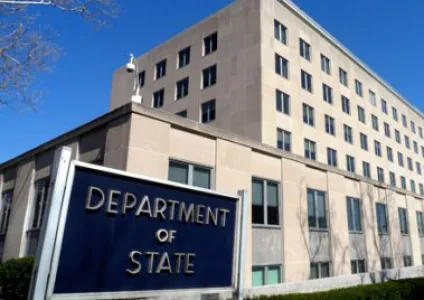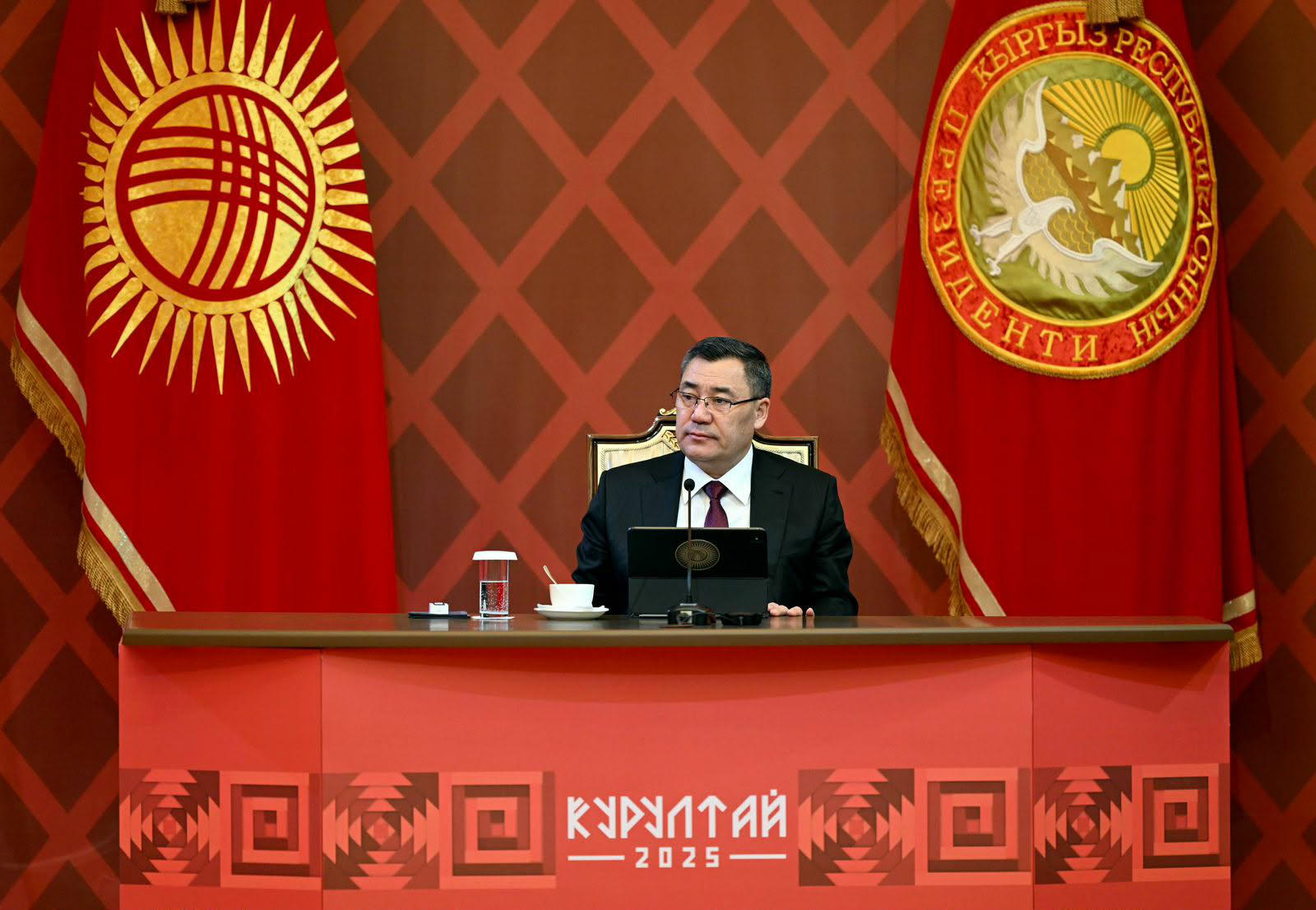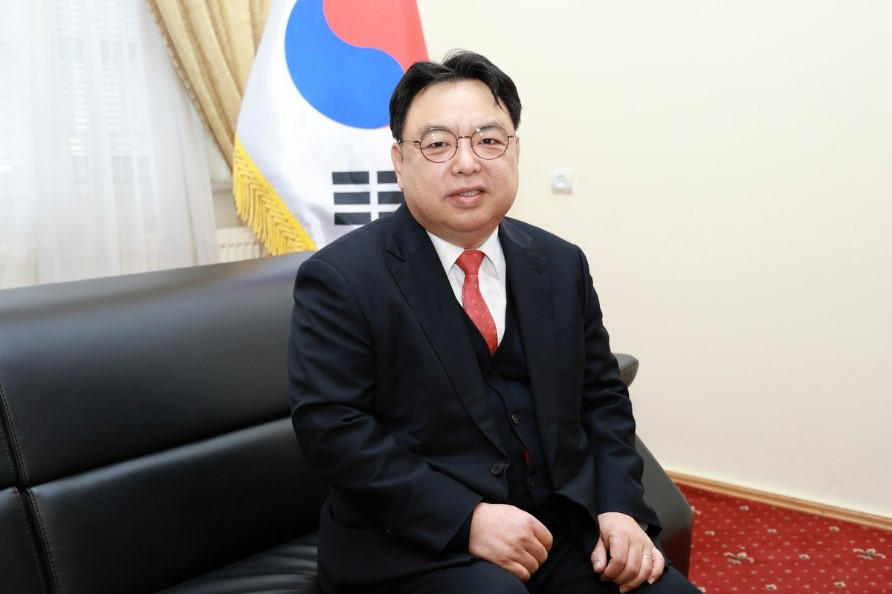US Department State: There remained indications of interference in judicial independence and impartiality in Georgia

Although the constitution and law provide for an independent judiciary, there remained indications of interference in judicial independence and impartiality. Judges were vulnerable to political pressure from within and outside the judiciary, - reads the 2020 Report on Human Rights Practices issues by the US Department State.
“The Public Defender’s Office, the Coalition for an Independent and Transparent Judiciary, and the international community continued to raise concerns regarding a lack of judicial independence. During the year they highlighted problems, including the influence of a group of judges primarily consisting of High Council of Justice members and court chairs that allegedly stifled critical opinions within the judiciary and obstructed proposals to strengthen judicial independence. NGOs referred to this group of influential and nonreformist judges as the “clan.” Other problems they highlighted included the impact of the High Council’s powers on the independence of individual judges, manipulation of the case distribution system, a lack of transparency in the High Council’s activities, and shortcomings in the High Council’s appointments of judges and court chairpersons”, reads the report.
According to the document, the long-standing practice of transferring judges from one court to another also remained a problem. The decisions regarding transfers were made by the High Council of Justice; however, these decisions were unsubstantiated. NGOs warned of transfers of judges without competition to the administrative chambers and boards two months prior to the October 31 parliamentary elections in the three most strategic and overcrowded courts, the Tbilisi and Kutaisi Courts of Appeal and the Tbilisi City Court.
“Administrative chambers adjudicate election disputes. Most of the judges transferred to administrative chambers panels were affiliated with the “clan,” and almost all of them were associated with high-profile cases.
NGOs reported the courts did not serve as an effective check over election administration bodies following the October 31 parliamentary elections while reviewing appeals against decisions made by the Precinct and District Election Commission. According to statistics published on November 12 by the High Court of Justice, 96 election disputes reached the court system. The courts sustained only 16 percent of them.
NGOs alleged the High Council of Justice purposefully failed to address the problematic caseload backlog in courts in order to maintain a powerful lever for influencing judges. Because of the backlog, the vast majority of judges failed to comply with statutory terms for case review, which can be subject to judicial discipline. According to the Office of the Inspector for Judicial Discipline under the High Council of Justice, 40 of 60 complaints reported in the first quarter of the year concerned case delays”.
“According to the law, the Conference of Judges is a judicial self-governing body composed of all judges in the country’s courts. During a convocation of the body that convened on October 30, participants elected two new judge-members and a secretary of the High Court of Justice. The Coalition for an Independent and Transparent Judiciary criticized the decision to hold the session a day before the parliamentary elections and select two new members and a secretary, stating the timing raised concerns regarding “the judicial clan’s” intention to occupy strategically important and influential positions in the court system with an aim to ensure the four-year presence of members loyal and acceptable to the clan in the High Council of Justice”, reads the report.


